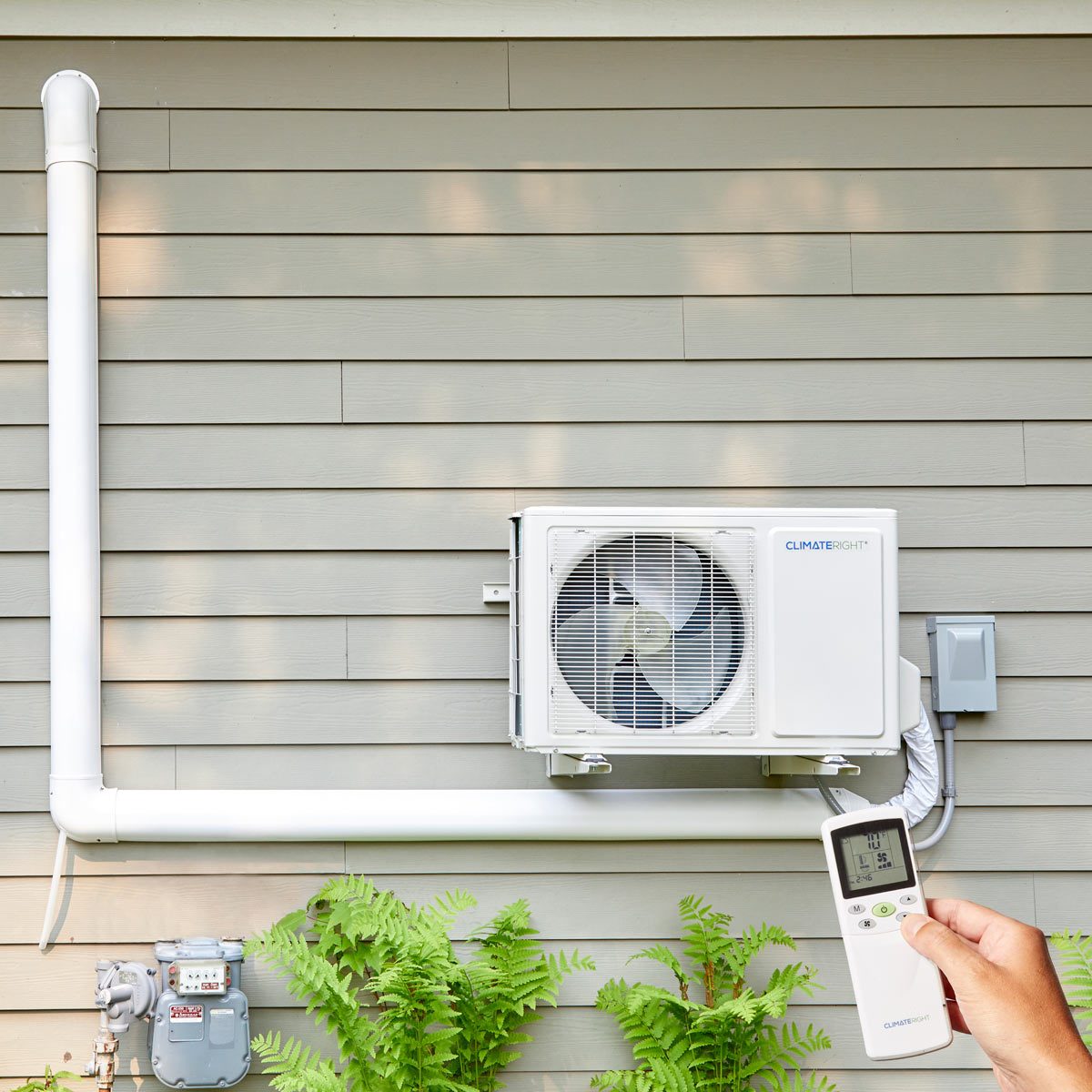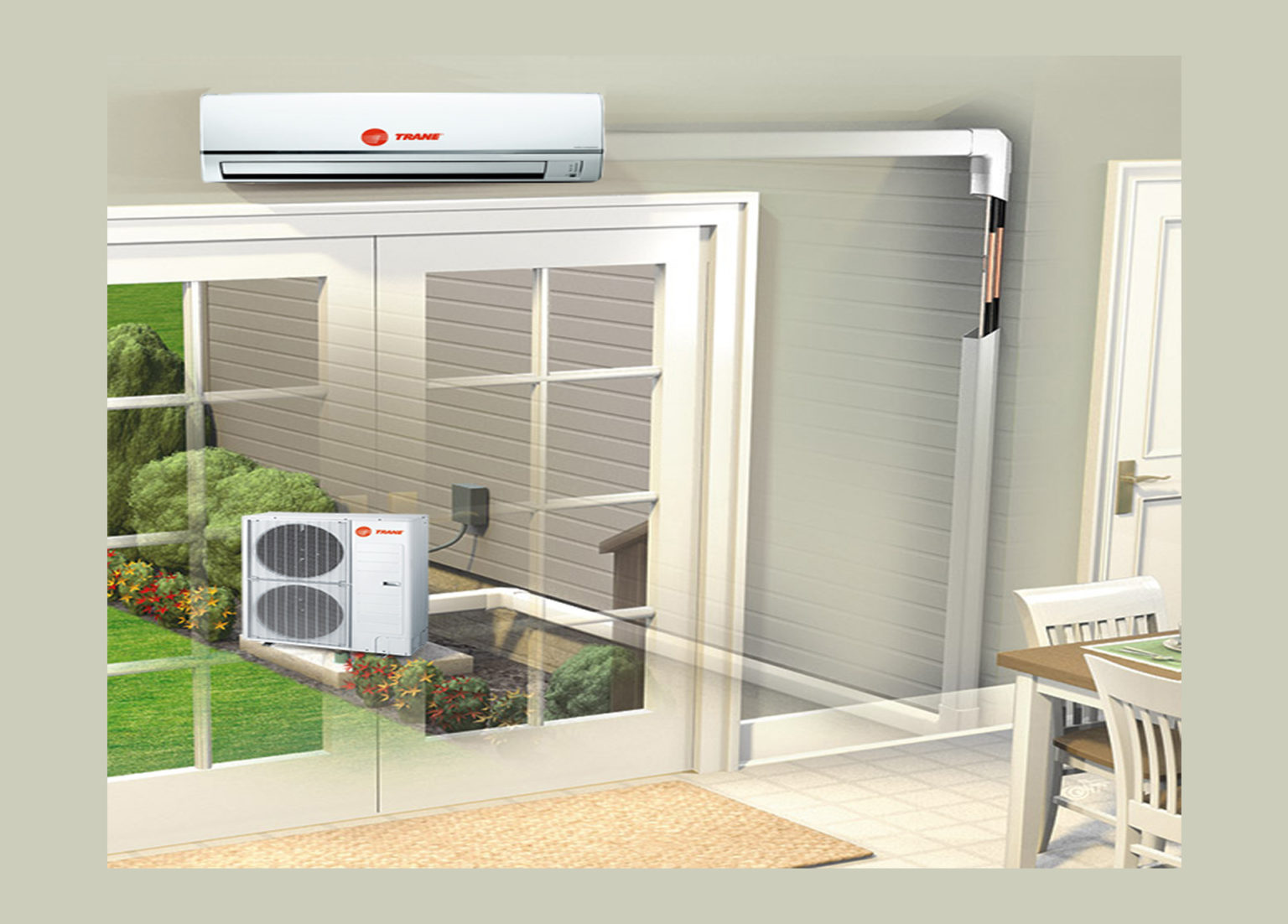When it comes to selecting the right a/c system for your home, it's like locating the perfect problem item for a complicated picture. The variety of options readily available can be frustrating, yet are afraid not, just like a little support, you can decide that fits your requirements like a handwear cover.
From taking into consideration power effectiveness ratings to assessing your home's design, each aspect plays a crucial duty in ensuring your comfort and contentment. So, before you make a decision, take a moment to explore the key elements that will lead you to the optimal cooling solution for your home.
Key Takeaways
- Prioritize high SEER rankings for affordable and energy-efficient air conditioning. mini split ac installation
- Make sure correct sizing to maximize efficiency and performance, avoiding enhanced energy costs.
- Select the appropriate system based upon your home's layout and cooling down requirements.
- Take into consideration long-term cost savings, service warranty protection, and upkeep costs in your spending plan preparation.
Energy Efficiency Rankings
When selecting an air conditioning unit for your home, take into consideration the energy performance ratings to ensure cost-efficient air conditioning. Power effectiveness is important for saving money on your energy expenses while also minimizing your ecological impact. The Seasonal Energy Effectiveness Proportion (SEER) is a key statistics to pay attention to when assessing ac system. Greater SEER scores suggest better energy performance and potential for cost financial savings in the long run. By picking a system with a high SEER score, you can appreciate reduced power usage and lowered cooling costs with time.
It is very important to compare Energy Performance Ratio (EER) and SEER when assessing the performance of an air conditioning unit. While EER represents the cooling result of the system split by the electric input under specific problems, SEER offers a typical effectiveness over an entire cooling period. Comprehending the distinction between these two ratings can help you make a notified decision when selecting an energy-efficient ac unit for your home. Prioritizing SEER scores can cause significant energy savings and improved cooling performance.
Size and Cooling Capability
To guarantee maximum efficiency and effectiveness in your cooling device, recognizing the proper size and cooling ability for your home is vital. Proper sizing is important for making sure that your a/c can successfully cool your area without unneeded power intake. An a/c system that's also little will certainly struggle to cool your home effectively, resulting in enhanced power expenses and lowered cooling effectiveness. On the various other hand, an extra-large device may cool the air swiftly yet won't effectively evaporate the area, resulting in a clammy environment.
When establishing the best dimension for your cooling device, elements such as the square footage of your home, ceiling elevation, insulation levels, and local climate should be thought about. Consulting with a specialist cooling and heating specialist can help you properly compute the cooling capacity needed for your certain needs. By selecting the appropriate size for your a/c system, you can optimize cooling down efficiency, power effectiveness, and total convenience in your house.
Kinds Of Air Conditioning Systems
Picking the appropriate cooling system for your home is important for maintaining a comfy interior atmosphere. When considering different kinds of air conditioning systems, two prominent alternatives you may discover are ductless mini divides and window devices.
Ductless mini divides are flexible systems that contain an outside compressor unit and one or more interior air-handling devices. They're efficient, offer zoned cooling, and are quieter contrasted to traditional central air systems. Ductless mini splits are an excellent choice for homes without existing ductwork or for space additions.

On the other hand, home window systems are an even more typical and portable alternative. These systems are self-contained, with all components housed in a solitary box that's installed in a home window or a specially designed wall opening. Window devices are economical, easy to set up, and suitable for cooling down private rooms. Nevertheless, they may be much less energy-efficient than ductless mini divides and can block all-natural light and views.
Take into consideration the layout and cooling down requirements of your home to establish which type of cooling system is the best fit for you.
Consider Your Home's Format
When assessing your design, two crucial aspects to remember are ductwork options and zoning factors to consider.
To begin with, evaluate the ductwork choices in your house. If your home currently has ductwork in place, a central air conditioning system might be a convenient and cost-efficient choice. This system utilizes a network of ducts to disperse awesome air throughout your home effectively. On the other hand, if your home lacks ductwork, a ductless mini-split system might be a sensible alternative. These systems are much easier to install in homes without existing ducts and provide adaptability in cooling down different zones of your residence separately.
Next, take into consideration zoning considerations. Zoning permits you to divide your home into different areas with separate temperature level controls. This can be advantageous if particular areas of your home call for more cooling than others, assisting you minimize power prices by just cooling down the essential areas. Assessing these aspects of your home's format will certainly lead you towards picking one of the most suitable a/c system for your details demands.
Budget and Upkeep Prices
Reviewing your budget plan constraints and approximating prospective maintenance prices will play a significant role in determining one of the most appropriate air conditioning system for your home. When considering budget, consider not just the first expense of the unit but additionally long-term cost savings and general expenses. Opting for an extra energy-efficient version might've a higher upfront cost but can bring about significant savings on your utility expenses over time.
Furthermore, when examining upkeep costs, take notice of service warranty insurance coverage. A device with a comprehensive service warranty can provide satisfaction and potentially save you money on fixing prices in the future. Make certain to ask about what the guarantee covers and for the length of time. Knowing this details can aid you make a more informed decision based upon your spending plan and prospective future expenditures.
Frequently Asked Inquiries
What Are the Best Practices for Maintaining and Cleaning an A/c System to Make Certain Optimum Efficiency?
To maintain your air conditioning device running efficiently, adhere to a routine upkeep schedule. Clean the filters and coils consistently to stop buildup and ensure peak efficiency.
Effectiveness ideas consist of securing leakages in air ducts and maintaining the location around the unit clear. If you come across issues, describe a troubleshooting guide or call an expert for help.
Stay on top of cleaning strategies and maintenance to appreciate amazing air all summertime long.
Are There Any Government Rewards or Discounts Available for Investing In Energy-Efficient A/c Units?

Federal government rewards and discounts are commonly offered for acquiring energy-efficient a/c devices. These incentives aim to advertise power financial savings and assist house owners balance out the first price of upgrading to much more effective systems.
Investigating available programs in your location can bring about substantial financial savings while contributing to a more sustainable house. Be sure to capitalize on these chances to make your home a lot more energy-efficient and environmentally friendly.
How Can I Identify if My Home's Electric System Can Take Care Of the Power Demands of a New Cooling Device?
To examine if your home's electrical system can deal with a new air conditioning system, routine an electric assessment. An electrical contractor will evaluate the power capability and recommend any type of required upgrades. This step assures that your system can sustain the device without overloading or creating concerns.
Prioritizing this examination will aid you determine if any kind of modifications are needed prior to setting up a brand-new ac unit in your house.
Exist Any Type Of Unique Factors To Consider to Bear In Mind When Installing an Air Conditioning System in a Multi-Story Home?
When mounting an air conditioning unit in a multi-story home, think about the ductwork positioning and zoning to guarantee also cooling down. Ensure the unit's cooling ability and performance match the size of your home.
Correctly sized air ducts and tactically put vents can help enhance airflow throughout different degrees. Consulting with an expert can aid figure out the very best system for your multi-story home's specific format and cooling needs.
What Are Some Typical Signs That Indicate It May Be Time to Replace an Existing Air Conditioning System As Opposed To Repair It?
If you're observing frequent breakdowns, overpriced power expenses, and your AC battling to cool your area, it might be time to contemplate a replacement instead of repair services.
Think about the expense comparison in between repairing the old device and investing in a more energy-efficient one. More recent versions aren't just a lot more trusted but additionally assist in saving on your monthly costs.
Watch out for these indications to understand when it's time for an upgrade.
Final thought
When selecting the best cooling system for your home, bear in mind to consider:

- Power effectiveness scores
- Size
- Cooling down capacity
Consider the kind of system that will certainly work best for your home's format and factor in your budget and upkeep expenses.
By taking these variables right into factor to consider, you can pick the perfect cooling unit to maintain your home cool and comfortable all the time.
